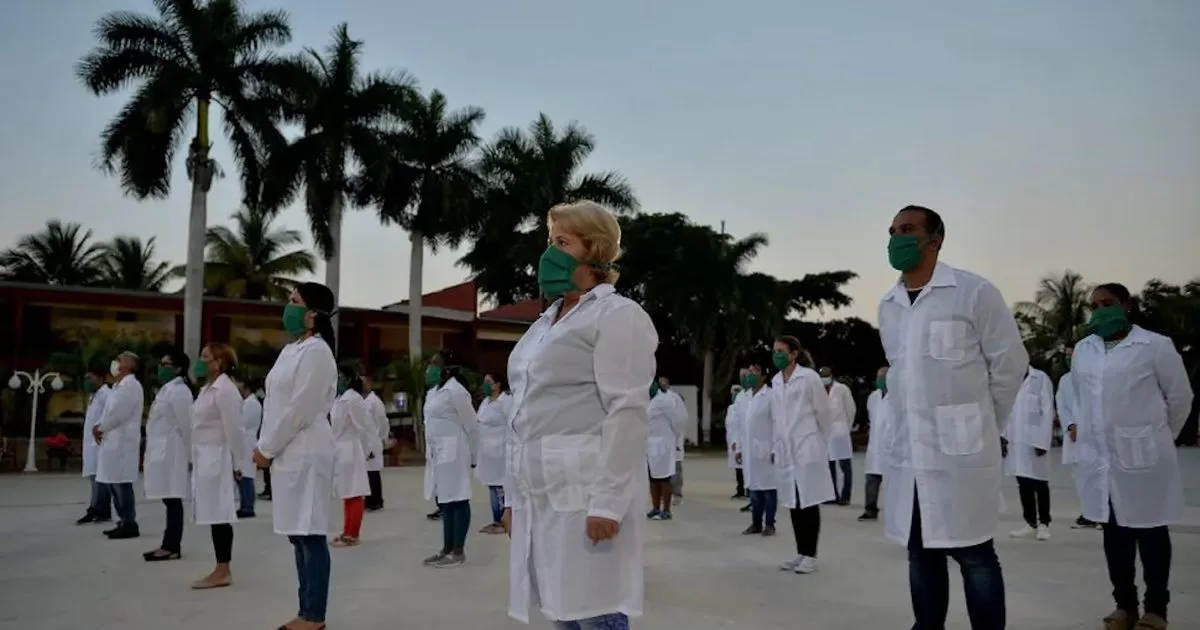Westfalen-Blatt
Bielefeld (ots)
Pediatricians criticize Health Minister Karl Lauterbach (SPD) for the lack of antibiotics that has lasted for months. “I’m afraid that Mr. Lauterbach still hasn’t grasped the seriousness of the situation,” says Dr. Marcus Heidemann from Bielefeld, chairman of the professional association of paediatricians in Westphalia-Lippe, the WESTFALEN-BLATT.
It is high time that the state intervened and procured antibiotics for children in other European countries, which have not been available in Germany for months due to price dumping. “We are being deprived of the opportunity to treat children adequately,” says Dr. Heidemann.
“If you get an antibiotic at all, it’s often too wide, too narrow or completely unsuitable.” It’s not just about seriously ill children, but also about children who are “normally” ill but suffer unnecessarily long without the means or are exposed to the risk of deterioration. “With all restraint with antibiotics – the shortage is a mass problem for us.”
Discount agreements introduced by the federal government in 2007 ensure that the manufacturer with the lowest price has a virtual monopoly on delivery and other manufacturers stop production. If the supply chain from the manufacturing countries in Asia is disrupted or margins drop because of sharply increased glass prices, manufacturers primarily supply countries where prices are high – and Germany is not one of them.
The prices here are so low that in some cases the pharmaceutical manufacturers have less than one euro left over. The manufacturer sells the children’s antibiotic Penhexal to pharmacies for EUR 2.96, but has to pay some double-digit discounts on this price to health insurance companies. In 2007, Lauterbach was an advisor to Health Minister Ulla Schmidt (SPD), who introduced the discount agreements.
dr Heidemann: “I get calls from colleagues from all over the country who don’t know what to do anymore.” A doctor from Paderborn only had one reserve antibiotic available in the emergency service, which doctors are reluctant to give. “But what should we do?” Pediatric practices that have an in-house pharmacy often receive a list of available medicines in the morning – if any are available at all. “Then you start juggling doses and active ingredients in your head and thinking about what’s best for the child.”
Or you can give the parents a prescription for the most suitable antibiotic and send them from pharmacy to pharmacy. “But that’s not always possible. If a single mother is sitting here without a car with two children, one of whom has a fever, she can’t go to all the pharmacies by bus and train!”
Pediatrician Heidemann says it’s sometimes like a lottery to decide which drug a child gets. “Fortunately, in my practice, I have never had a child endanger his life because of a lack of antibiotics. But that can happen at any time.”
In Münsterland, two children aged one and two years have died with scarlet fever (streptococcus A infection) in the past few months, for whom there are said to have been delays in care. According to the local paediatrician network, however, there is no evidence of a direct connection between the deaths and the lack of antibiotics.
Marcus Heidemann: “It is high time that the Minister of Health made eliminating the shortage a top priority. We paediatricians need at least the certainty that we can get the most important antibiotics at any time: penicillin, amoxillin, cefaclor and trimethoprim.” Lauterbach should procure the funds abroad and have them paid for by the health insurance companies. “It’s not about big sums.” It is completely incomprehensible to him that a country like Germany cannot manage to provide sick children with standard medicines.
Sebastian Sokolowski, spokesman for the Westphalia-Lippe Chamber of Pharmacists in Münster, said that the situation has also been a burden on pharmacists for months. “In individual cases, you can import an antibiotic from abroad by presenting a prescription, but that’s only three days here and therefore much too late.” One problem is that the Federal Institute for Drugs and Medical Devices (BfArM) has so far only rated the situation around antibiotics as a “supply bottleneck”, but not as a supply bottleneck”. be deviated from.” That this is still not allowed may have political reasons, said Sokolowski.
It is conceivable, for example, to allow pharmacists to procure a whole week’s supply from abroad – even without presenting prescriptions.
Press contact:
Westfalen-Blatt
Christian Althoff
Phone: 0521 585-254
[email protected]
Original content from: Westfalen-Blatt, transmitted by news aktuell

